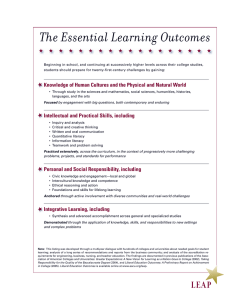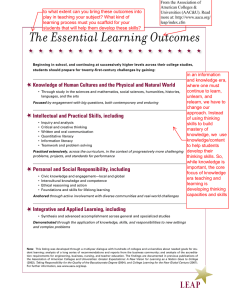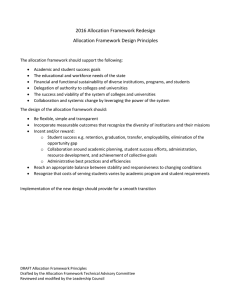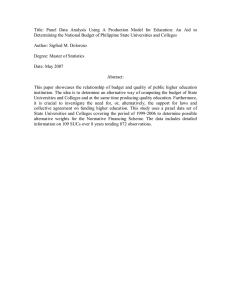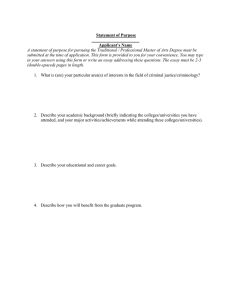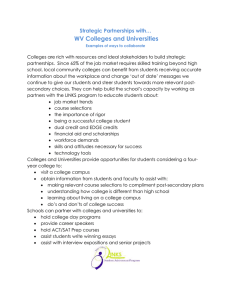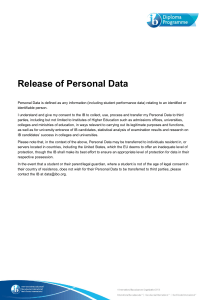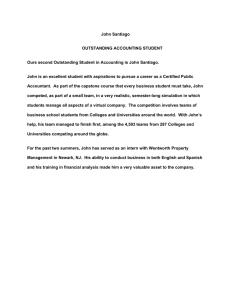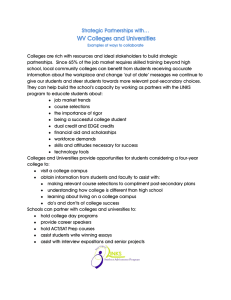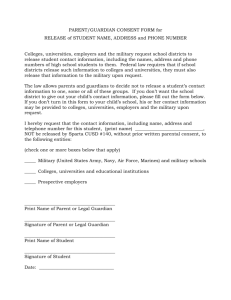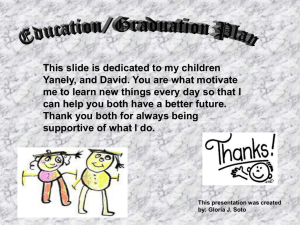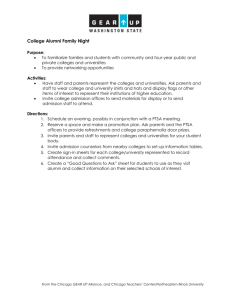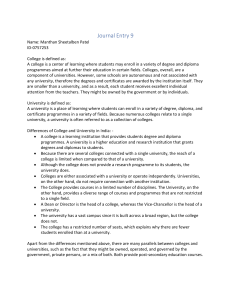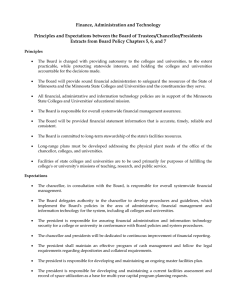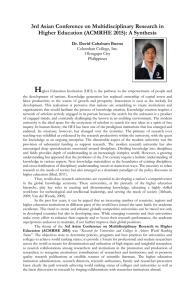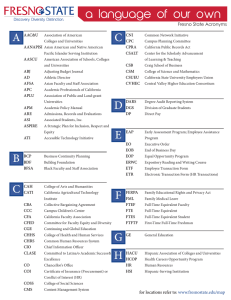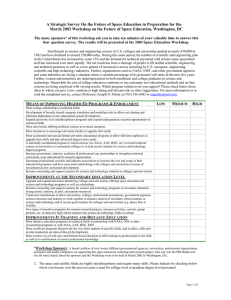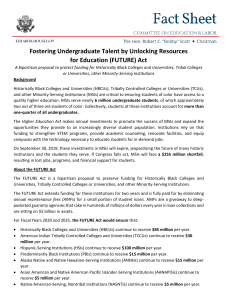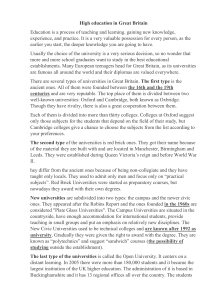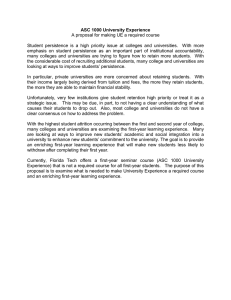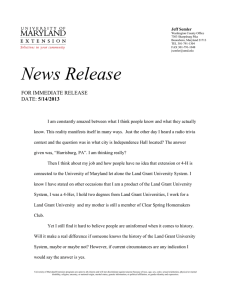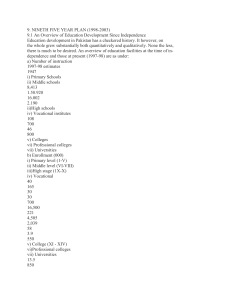The Essential Learning Outcomes
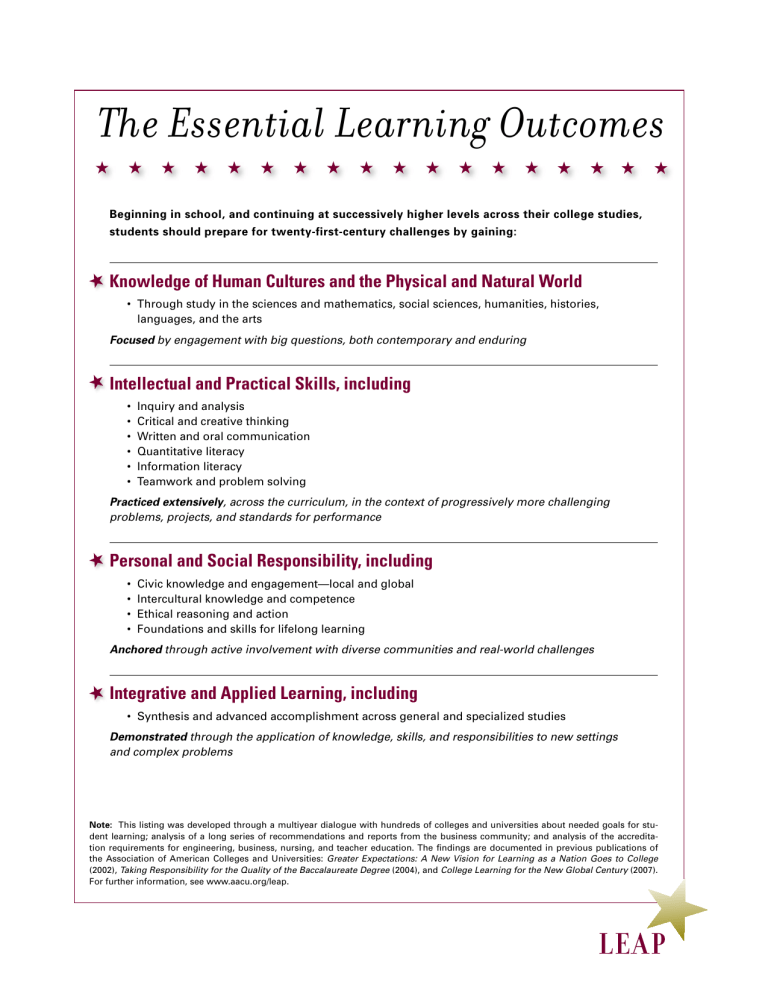
The Essential Learning Outcomes
Beginning in school, and continuing at successively higher levels across their college studies, students should prepare for twenty-first-century challenges by gaining:
Knowledge of Human Cultures and the Physical and Natural World
• Through study in the sciences and mathematics, social sciences, humanities, histories, languages, and the arts
Focused by engagement with big questions, both contemporary and enduring
Intellectual and Practical Skills, including
• Inquiry and analysis
• Critical and creative thinking
• Written and oral communication
• Quantitative literacy
• Information literacy
• Teamwork and problem solving
Practiced extensively , across the curriculum, in the context of progressively more challenging problems, projects, and standards for performance
Personal and Social Responsibility, including
• Civic knowledge and engagement—local and global
• Intercultural knowledge and competence
• Ethical reasoning and action
• Foundations and skills for lifelong learning
Anchored through active involvement with diverse communities and real-world challenges
Integrative and Applied Learning, including
• Synthesis and advanced accomplishment across general and specialized studies
Demonstrated through the application of knowledge, skills, and responsibilities to new settings and complex problems
Note: This listing was developed through a multiyear dialogue with hundreds of colleges and universities about needed goals for student learning; analysis of a long series of recommendations and reports from the business community; and analysis of the accreditation requirements for engineering, business, nursing, and teacher education. The findings are documented in previous publications of the Association of American Colleges and Universities: Greater Expectations: A New Vision for Learning as a Nation Goes to College
(2002), Taking Responsibility for the Quality of the Baccalaureate Degree (2004), and College Learning for the New Global Century (2007).
For further information, see www.aacu.org/leap.
